Exploring Balatro's hype, its ingenious twists on poker, and its mysterious creator
Interview | "I'm sure I'm not done with this game," says Balatro's anonymous, humble designer
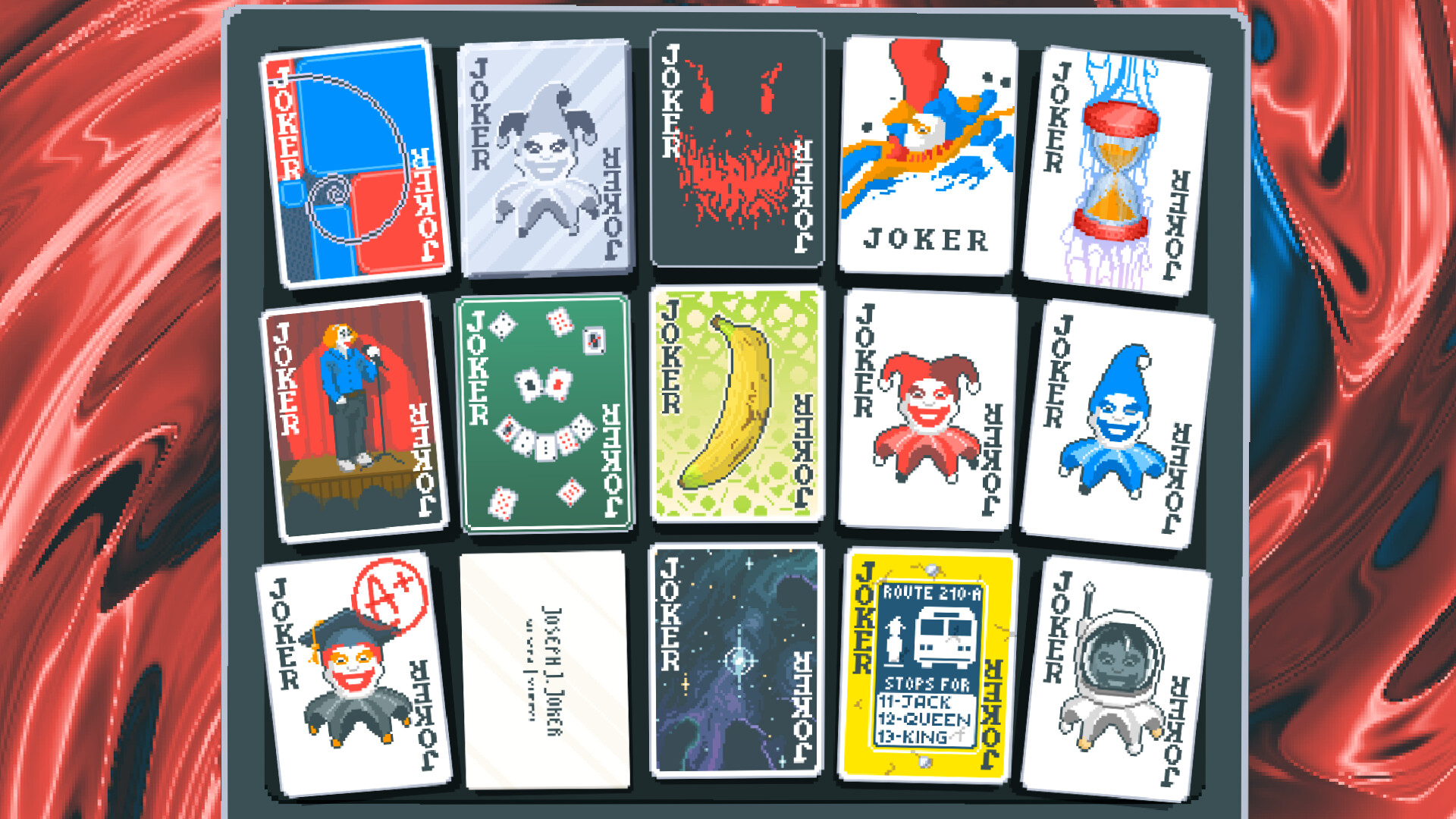
You will hear a lot about Balatro over the coming weeks and months. This new console and PC game is a remix and retune of poker, and the subtly engrossing result lands somewhere between solitaire and Slay the Spire. There's almost a Wordle energy to the results: describe this game to the least savvy gamer you know, and their eyes will light up with equal parts accessibility and one-more-try possibilities.
What you might hear about less is its creator, a person who goes only by the name LocalThunk. This game maker has gone to great lengths to cloak any trace of their identity, not even mentioning themselves in the game's credits – despite handling pretty much the entire game's development and design, save its music.
Balatro was never meant to be mysterious, LocalThunk tells me over a Zoom call – a call I have a handy video copy of, without blurring or voice masking, so they're not treating their identity like Fort Knox. The game began with an intent to hide in plain sight. Nearly two-and-a-half years later, LocalThunk isn't looking at word-of-mouth indie stardom as a reason to change the course.
"I don't need to show other people that I love making games," LocalThunk says. "Part of the identity thing with 'LocalThunk' is that I have a life outside of this game. This game isn't my identity – at least, I don't want it to be. I love working on it. I love that it's doing well. But I also like that I've compartmentalized it. It's healthier that way."
Hybrid hero
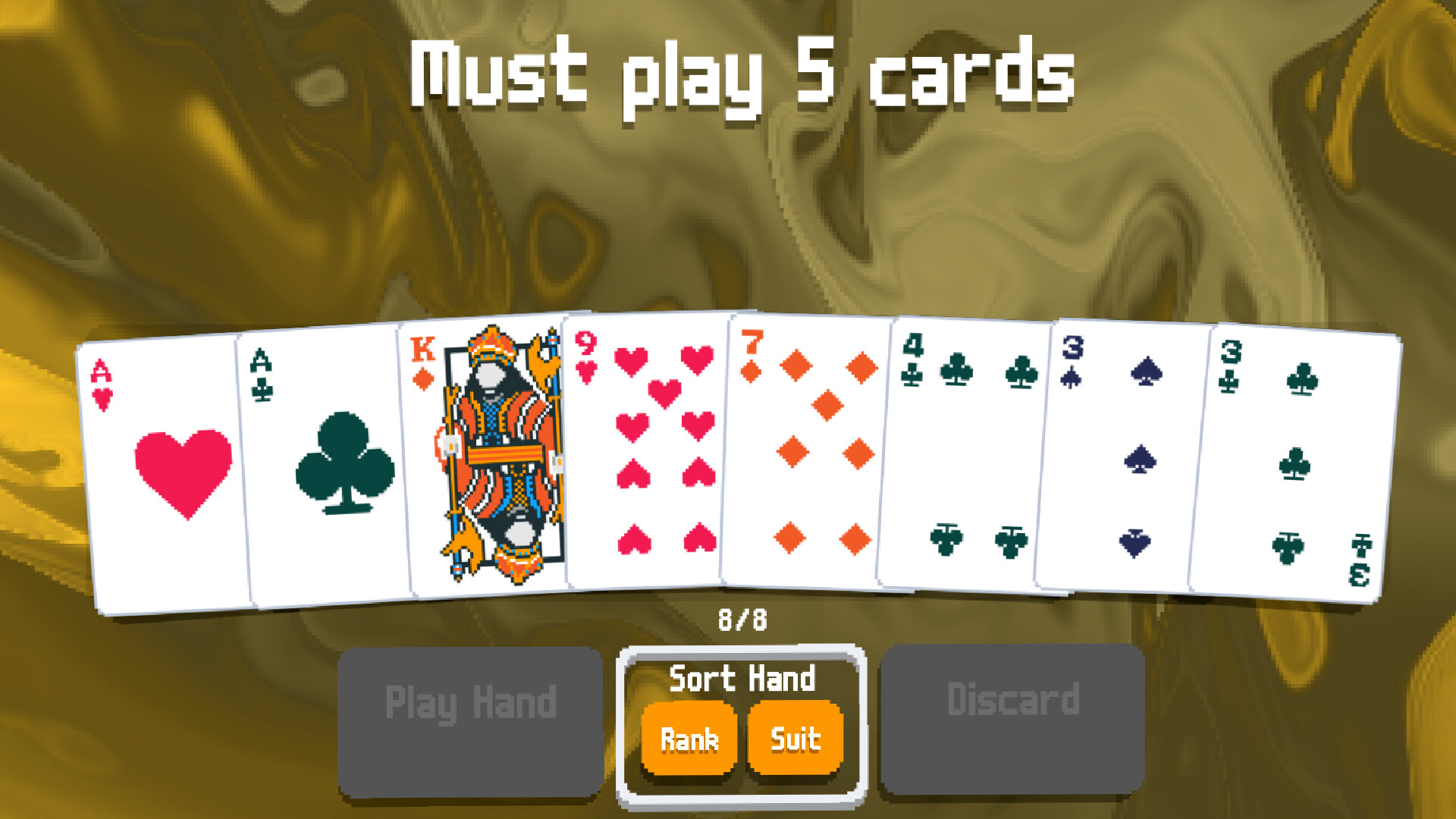
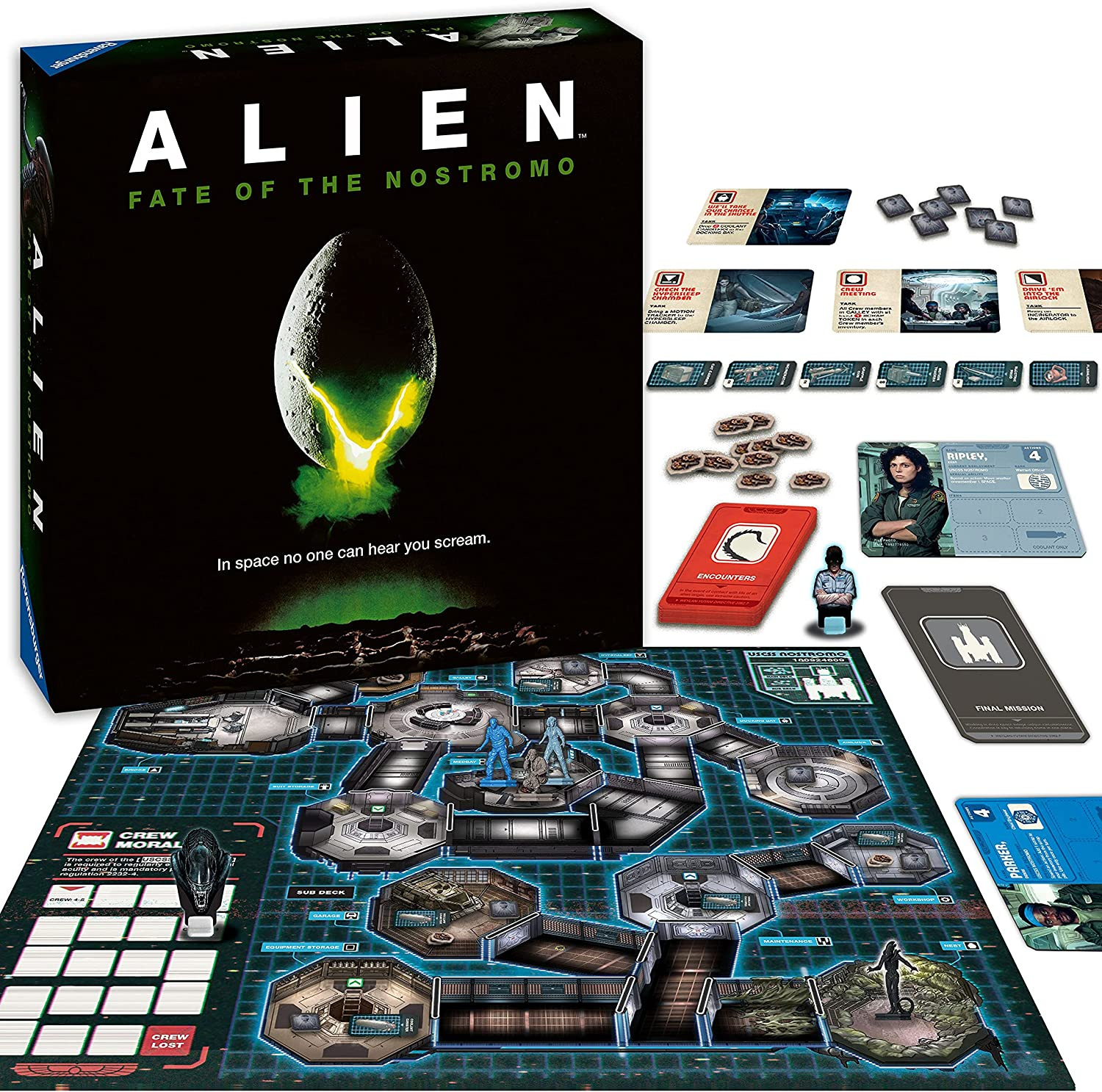
Best board games 2024: Must-haves to play with friends and family
What's more, Balatro is not their first completed, seemingly fun video game. LocalThunk alleges that they've completed multiple "games and little sim things," as a solo designer, programmer, artist, and more, over a span of roughly 10 years. Their most intriguing game is described as "like Risk, with a whole world where different countries spawn in with geographically accurate names," and this game took two years to develop in their off hours while in university.
Those games may never see the light of day, beyond LocalThunk's core group of "three or four" friends. They're the sole owners and downloaders of anything LocalThunk has made in the years before Balatro. Why go to so much effort for such a small audience? LocalThunk's answer says a lot about the kind of game maker they are.
"The motivation is that I enjoy game development – actually writing the code, a lot," LocalThunk says. "Making [games] for my friends is a way to a kind of an end goal. It'd be nice to have something I could show someone, not just a proof of concept for myself that looks like a mess. These are people I've known for a long time, people I think would appreciate and have fun with these projects I've worked on. It's not playtesting. It doesn't need to be tested. Just a thing I made."
Weekly digests, tales from the communities you love, and more
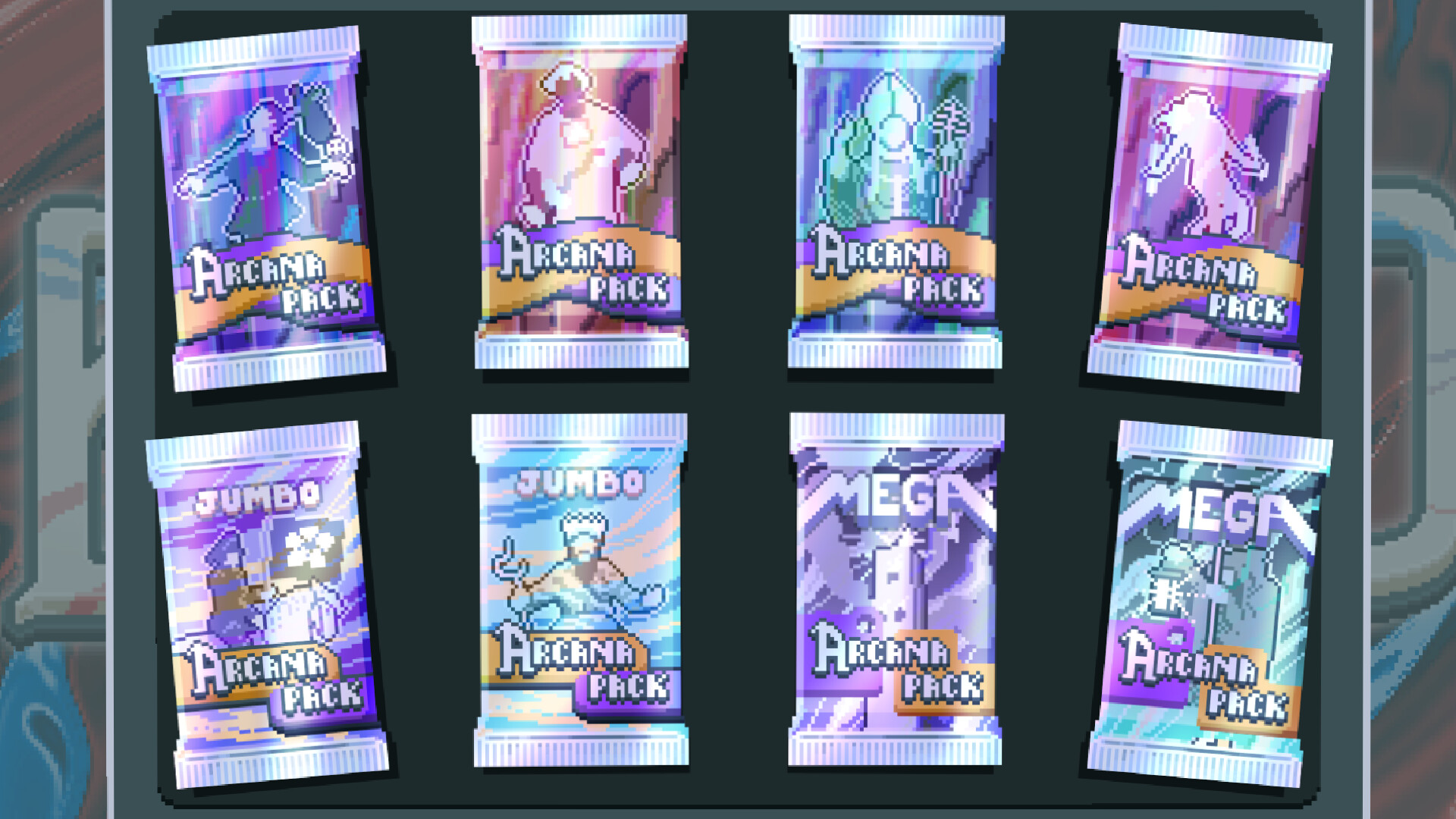
Balatro began in the same way, as an off-hours scratch of an itch LocalThunk had had for years. It was originally based on the Cantonese card game Big Two ("also known as Presidents, Janitor, Asshole, basically the same concept," LocalThunk says), which lets players score poker-styled hands for points. Their version was originally going to be tuned for online play, as a way to reinvigorate their younger years of sharing Big Two with friends. LocalThunk's coding was simple at the outset: drawing pixel-art decks of cards, manipulating them on a screen, scoring points, and so on.
Around this time, LocalThunk had stumbled upon the roguelike slot machine "rent simulator" Luck Be a Landlord on Steam – only seeing videos, not playing it – and became obsessed. "You're not fighting anyone, necessarily," LocalThunk says. "There's conflict, but the theme of the conflict is different from other games. It's about numbers getting bigger, and I really liked that idea."
The online bits had to go. LocalThunk channeled the inspiration to start work on a single-player game with standard playing cards (which they'd already drawn and coded in part), then kept an intriguing pair of blinders on. Remember, LocalThunk watched videos of Luck Be a Landlord, rather than play the game. That meant LocalThunk could commit to a wild naivete: they'd never played a roguelike deckbuilder, one of the most popular modern gaming genres, before developing their own stab at the genre.
"That's part of the reason why [Balatro] has succeeded," LocalThunk says. "I don't know the tropes. I only played Slay the Spire last May because I wanted to understand what they did with [gamepad] controls. If I'd played that game before designing this one, it would have infiltrated the design quite a bit. I didn't want to subconsciously take design elements from those games – and then suddenly mine is less original. Sometimes it's good to do those things; you don't have to reinvent the wheel. But for me, I was making this for myself for fun. I thought it'd be more fun to try myself, not as a retail thing, not 'this is the correct thing for the game to sell the best.' Figuring out design issues is fun for me."
"That's my ideal vacation"
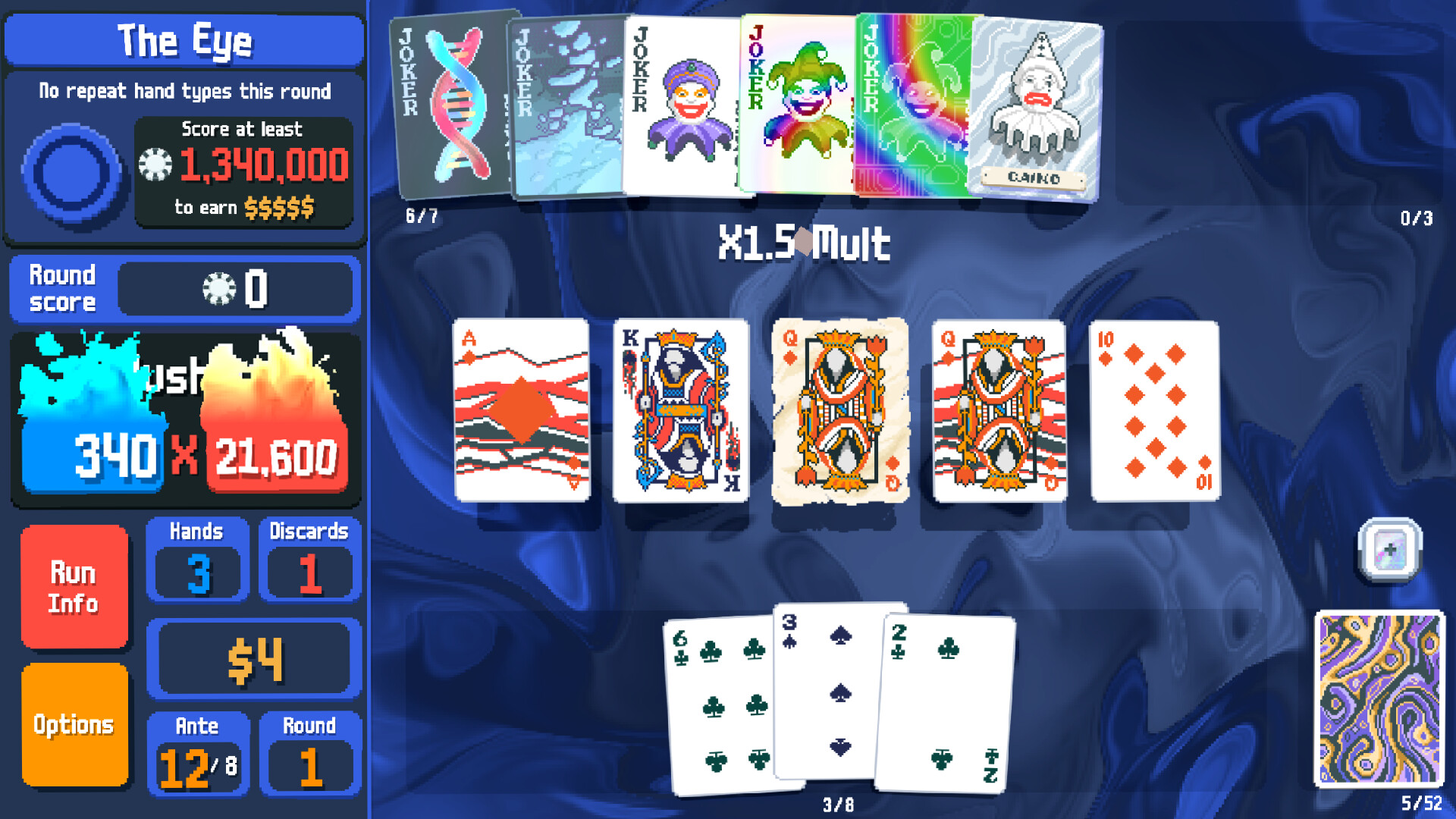
No, LocalThunk isn't a secret indie-development agent hiding inside of a bigger game studio like EA or Ubisoft; their most recent job was "for a company doing normal development stuff," they say. "It was fun, as well, in a different way." Yet it's at this job that LocalThunk began the path to Balatro, as they "had a whole bunch of vacation time and needed to use it." In their case, that meant holing up during December 2021 to turn in 12-hour days of prototyping and fleshing out the eventual final game. "That was great," LocalThunk says. "That's my ideal vacation."
After over a year of working on the game in their job's off hours, personal circumstances made LocalThunk realize that Balatro should maybe receive a bit more publicity than their previous, friends-only games. They needed to move. Their existing job didn't allow remote work, so they had to quit. They had some money saved up. The game's core gameplay loop already felt addictive in its incomplete state. Why not finish Balatro "to put on a resume" for a future job somewhere? Fill out some Steam paperwork, upload an in-progress build as a free, downloadable demo, and see what happens?
Five months and a few posts on Reddit later, "people just started playing it," LocalThunk says. "I don't know how YouTubers got ahold of it," but well-trafficked Twitch creators like Retromation and Dan Gheesling (his first Balatro stream is archived) soon hosted their own positive impressions. "That's when things started to pick up more. To be honest with you, I didn't do any of the marketing things that I should have. I still haven't emailed anyone to play the game!"
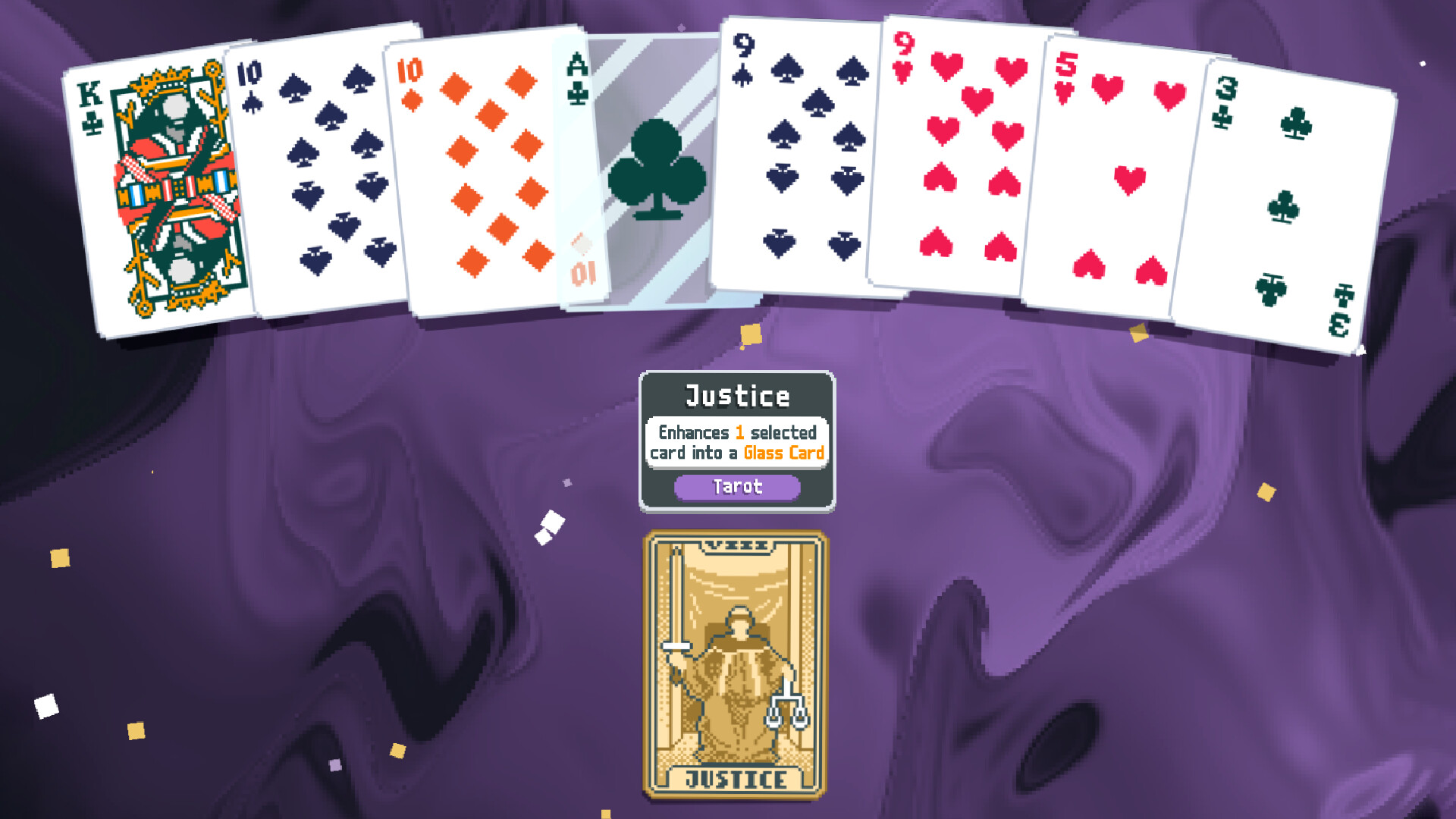
LocalThunk reflects on that initial positive feedback as a hard-to-fathom combination of happy work and dumb luck. "For the first 18 months of development, the only thing I was really concerned about was making [Balatro] high-enough quality for myself," LocalThunk says. "I was so engaged with making it, it was so fun to design and make the art for, that it fed into the depth and breadth of the game. That meant that the first publicly available build was already in a far-along state, not just a technical alpha demo. Not just the concept."
Their sense of "impostor syndrome" only began to emerge once positive feedback poured in. LocalThunk describes the amount of iteration and progression made in the game's design – adding modifier cards ("jokers," "planets," "Tarot cards") and heavily tweaking a system where players add upgrades to the default, 52-card deck of numbers and faces, and admits that hard work played into how those gelled together in the final product. "But the 'luck' feeling was, the core thing I started with had enough wiggle room that I could tweak systems within that original idea quite a lot, until I found something that worked. I don't think I could do that again if I tried.
"Whatever my next game is, I'm sure I'll enjoy doing it just as much [as Balatro], if not more," LocalThunk says to clarify. "What I mean is, that original idea was… I put no thought into it. I lucked into it. After analyzing [Balatro] for two-ish years, I now know that was something that people really focus on, try to get right and iterate on – the original idea, the technical alpha idea. Make a game in three days, see if the concept works. I didn't do any of that. I just started working on something that was like, 'That would probably be fun.'"
"I say 'no' a lot"
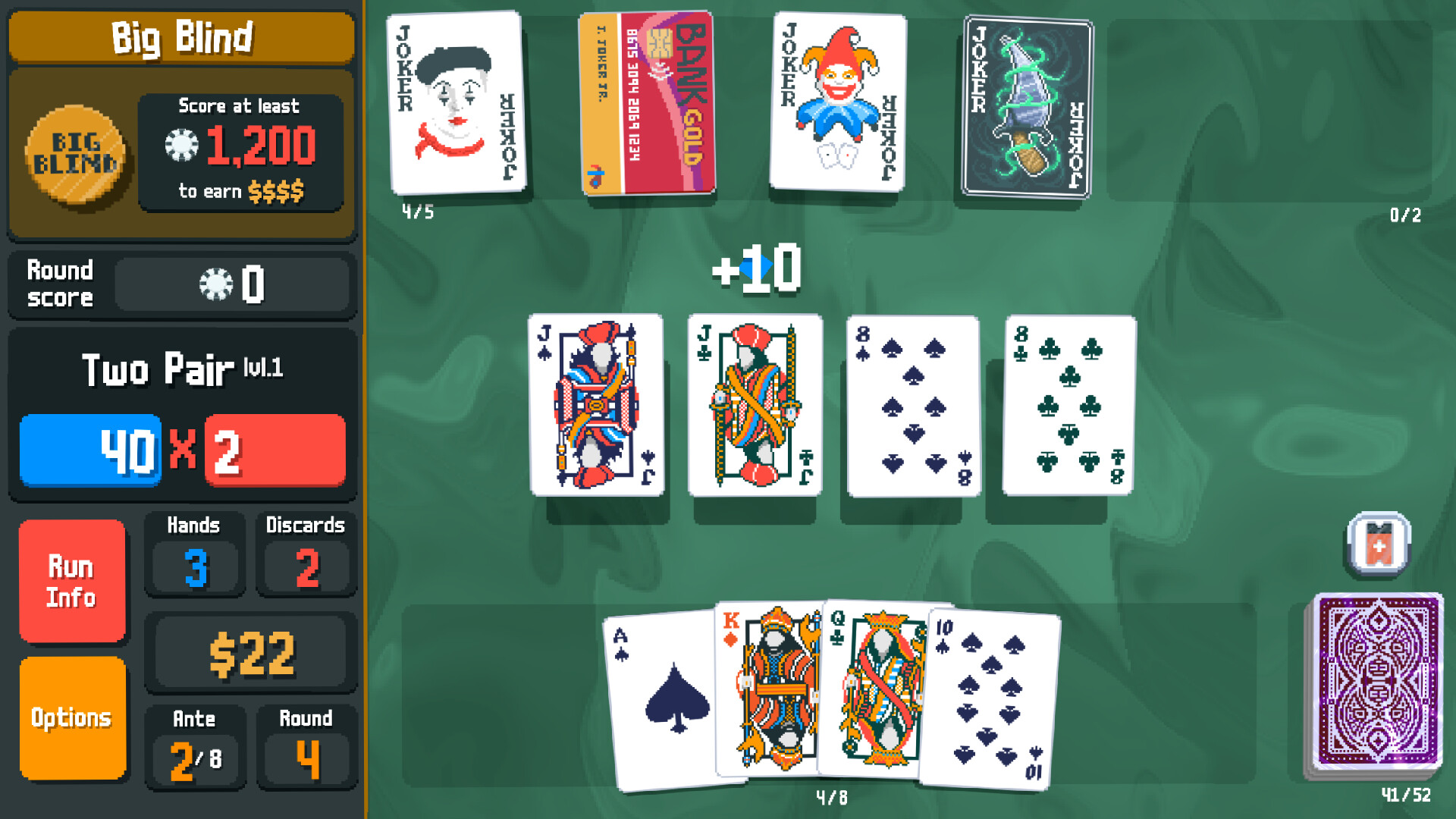
"Suddenly I had a large cohort of people giving their opinions on things I was blind to"
LocalThunk insists on making their humility clear through our chat, evidenced in statements about "how people work very hard at [game development] and it just doesn't happen for them." Humility is LocalThunk's throughline, not shyness or reluctance. LocalThunk chronicles the process of how Balatro reached the finish line, and this fascinating delve into their process echoes many of their announcements at the game's official Discord server – where they have shared reasons for design decisions and even "leaked" unfinished card art and concepts to tantalize fans about what to expect in this week's final game.
Having played the game for hours already, I was riveted to learn LocalThunk's process and logic. I hung onto their every word about an initial plan to make the "card upgrading idea the core of the game," similarly to auto-battler games like Super Auto Pets, only to realize they'd spent two months running into a gameplay dead-end that "just sucked, it wasn't fun." From there, LocalThunk spilled their guts about a new-to-the-genre "skip" mechanic that lets players skip entire rounds of play, which comes with its own tricky risk-reward balance. They talked at length about realizing later in development that the right modifier card types and "boss battle" scenarios could present more universal and surprising types of challenge – instead of only punishing players who, say, create a point-generating "machine" of cards that reward specific poker hand types like flushes or full houses.
Opening the game's development process to the community played a part in the retail version's shape, particularly thanks to feedback about aspects like boss battles, and LocalThunk says this form of feedback was the right balance between acknowledging roguelike genre expectations and not succumbing to them. "Suddenly I had a large cohort of people giving their opinions on things I was blind to," LocalThunk says. "I also say 'no' a lot. I try to give them design-criteria type of comment every now and then, but the number one goal for [Balatro] is to make a game that I enjoy. If any other changes conflict with that, I'll just say, 'no, that's not for this game.'"
Yet LocalThunk isn't done saying "yes" to Balatro, all while walking a fine line between genuine love and healthy detachment. "I think I'm not done with this game," they say to conclude our chat, then offers an immediate correction: "I'm sure I'm not done with this game." Instead of pointing to a roadmap, LocalThunk organically lands on their constant, central thesis: so long as making the game is fun, they'll do the work. "There are some ideas I have that would be fun to explore. More Joker cards – they're just fun to make, and I try and make them clever or add references to things that I've experienced, and the art is fun to make. I do see myself working on this for some time."
Best card games 2024: New favorites that won't get lost in the shuffle

Sam Machkovech is a freelance writer, editor, and consultant based in Seattle, WA. He has been writing about the intersection of art and technology since 1996, and he became a nationally syndicated video game critic before graduating high school. He has since written for American Airlines, Ars Technica, The Atlantic, Billboard, Edge UK, Game Developer, Polygon, The Stranger, and more, and he has appeared on programs including BBC World Service, Digital Foundry, Marketplace, and This Week in Tech. His favorite video game, by a longshot, is Picross 3D Round 2.


